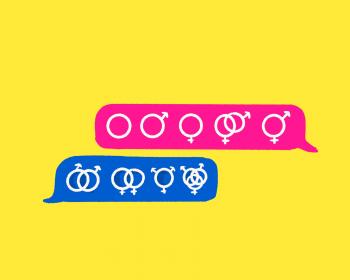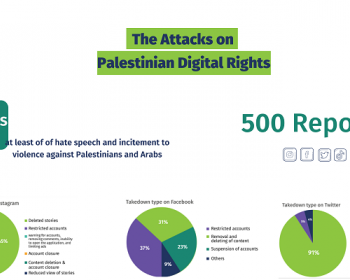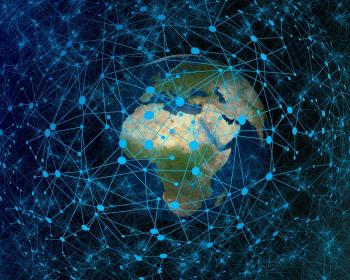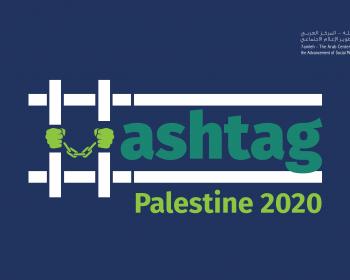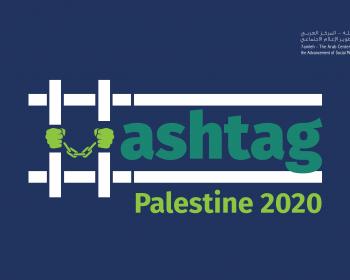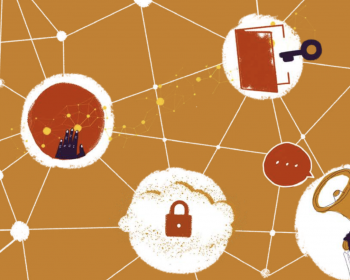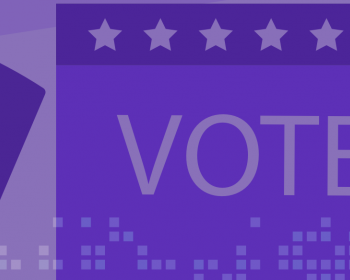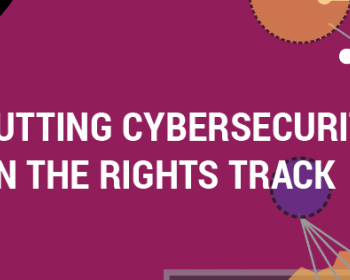digital rights
Last year, APC organised the Internet Rules: Unboxing Digital Laws in South Asia workshop. We are preparing a new chapter of this workshop, and we invite you to relive last year’s event through participants' shared vision for digital rights in South Asia.
This statement was submitted ahead of the Human Rights Council 47th session to express grave concern over digital rights violations against Palestinians during the Israeli attacks on the Gaza Strip, Palestinians in mixed cities in Israel and forcible displacement of Palestinians in East Jerusalem.
The report shows increases in attacks on Palestinian digital rights and details the violations on various social media and technology platforms, including the spread of hate speech and incitement against Palestinians and Arabs in the Hebrew language.
Four African digital rights-centred networks have committed to increasing collaboration for the consolidation of their work and avoidance of duplication of activities while ensuring the full attainment and protection of digital rights at national, regional and global levels.
#Hashtag Palestine 2020 is 7amleh’s sixth annual review of key digital rights issues facing Palestinians living in the occupied Palestinian territory and Israel, drawing on events that took place from January through December 2020.
7amleh launched its annual report on Palestinian digital rights, entitled “#Hashtag Palestine 2020”. The report details violations that took place in 2020, and specifically during the coronavirus pandemic, by authorities, technology companies and the Palestinian society itself.
EngageMedia spoke with Thinzar Shunlei Yi, a prominent pro-democracy activist in Myanmar, to find out more about how the military is using technology against protesters, and what kinds of support Myanmar civil society needs to continue their fight for democracy.
This publication is a compilation of 19 articles by African researchers, academics, journalists and human and digital rights activists on the impact of the COVID-19 pandemic on digital rights in Africa.
As Uganda heads to presidential and parliamentary elections in January 2021, digital communications have taken centre-stage and are playing a crucial role in how candidates and parties engage with citizens.
This report is a compilation of the outcomes of the research component of a small project entitled “Putting cybersecurity on the rights track” that the Association for Progressive Communications (APC) implemented during the course of 2019 with the participation of APC members.

Association for Progressive Communications (APC) 2022
Unless otherwise stated, content on the APC website is licensed under Creative Commons Attribution 4.0 International (CC BY 4.0)



